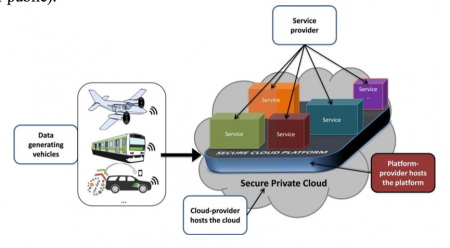BB26.B Cloud computing service platform
From its-wiki.no
| Title | Cloud computing service platform |
|---|---|
| Page Title | BB26.B Cloud computing service platform |
| Technology Line | Reference Architecture/Implementation |
| Lead partner | JIG |
| Leader | Ignacio Gurría |
| Contributors | AIT, AVL, CISC, GMV, INDRA, JIG, NOKIA, SBA, UCC, VIF |
| Related to Use Cases | SCOTT:WP7, SCOTT:WP11, SCOTT:WP18, SCOTT:WP10 |
| Description | This building block “cloud computing service platform” aims to provide a software development guideline including core functionality software components (a.o. based on standards from W3C), in order to enhance SCOTT members as well as third party companies to build cloud computing services in a standardized way. Therefore the ambition is to provide core functionalities within a reference implementation including examples and documentation in order to assist software developers adopting the concept and start developing fast while avoiding misinterpretations and incompatible solutions. Also security concepts will be tested within this building block. The building block also is responsible for hosting the services within a cloud infrastructure (private or public). |
| Main output | Provide a cloud computing service platform to collect data from various use cases from different application domains, manage data storage, and provide a platform that is able to host services and applications which use this data. |
| BB category | Methodology (for SW/HW development), SW component, HW component, Standard |
| Baseline | During the design and implementation phase the hosting of the cloud computing platform (see figure) will be established on the company IT infrastructure of participating partners to ensure high flexibility. If required, the hosting of resulting demonstrators and services, e.g. in order to ensure high-performance functionality for evaluation, will be established using available (professional) online cloud hosting services (from project partners) to save hosting efforts. These cloud hosting services must support the hosting of use-case specific technical components developed in SCOTT.
Cloud platforms for private and public purposes will be configured and developed, based on available libraries or web services, including:
|
| Current TRL | Current TRL is 6 |
| Target TRL | Target TRL is 6-7 |

